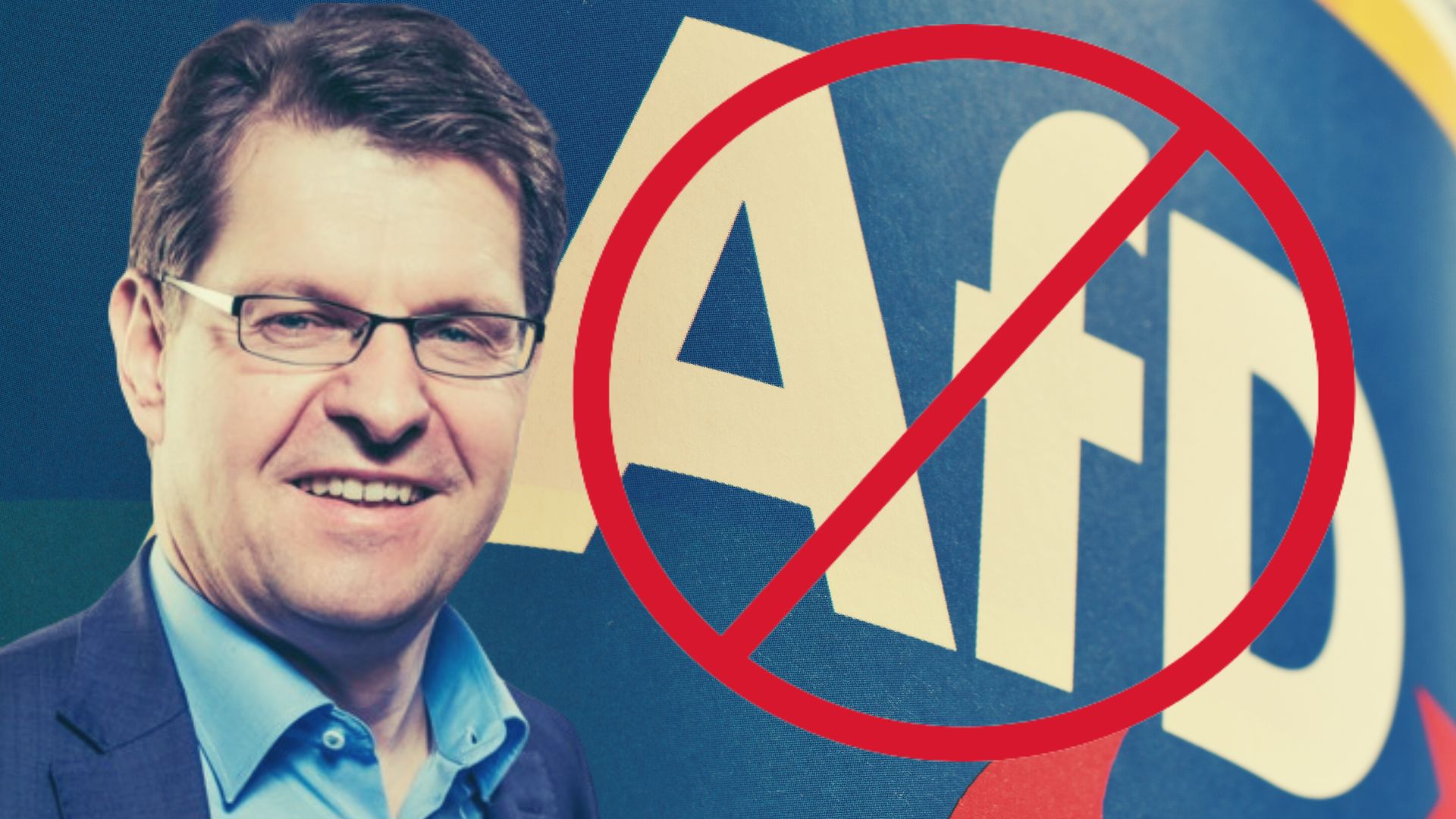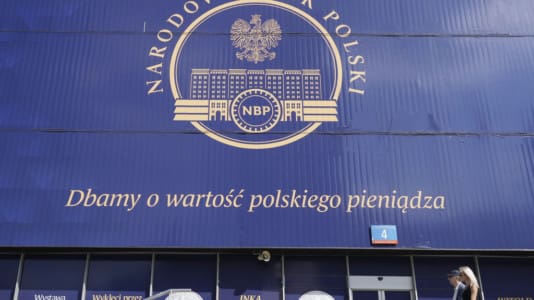A prominent member of the ruling left-wing Social Democrats (SPD) said he believes the Alternative for Germany (AfD) can be banned, a move that many in Germany’s left-liberal establishment have long advocated despite AfD being the second most popular party in the entire country.
“It would probably even work because the prospects are better than with the NPD,” said Ralf Stegner, SPD member of the regional parliament of Schleswig-Holstein, while speaking with Danish television station DK4.
Stegner is referring to the National Democratic Party of Germany (NPD), which the German authorities attempted to ban in 2003 and 2017; however, those ban proceedings failed before the German Constitutional Court, with the court arguing that the NPD, now known as Die Heimat, was not large enough to pose a threat to Germany’s democratic order.
Stegner’s anti-democratic proposal follows massive gains by the AfD over the last year, with the party now polling at 22 percent. Stegner came out in favor of a ban after elections in Hesse in October that saw the AfD become the second-largest party in that German state.
“They are only ever against refugees, and those who incite against people today ensure that there will be violence tomorrow,” said Stegner. He said the AfD is not a party of peace, “but for the dictator Putin.”
The AfD has called for an end to the war in the east and advocated for Germany to stop sending weapons to Ukraine, a move backed by the majority of Germans in a number of polls.
[pp id=97810]
The 64-year-old Stegner expressed his anger about the growing popularity of parties that have an alternative view to the left-liberals.
“Five years ago, I could not have imagined that an American president would storm Congress, not go to prison for it, but run for office again,” said Stegner while referring to Donald Trump. However, Trump never “stormed” Congress and footage shows that he told his supporters to “peacefully” protest outside of Congress.
[pp id=80281]
Stegner also expressed his dismay about the political situation in Europe, saying “that freedom of the press is being restricted in Hungary, that the separation of powers is not working in Poland, that there is a post-fascist government in Italy, and that there is a high probability that the Front National (now known as National Rally) will win the elections in France.”
Stegner backed the work of the federal government, of which his SPD is the largest member. He said the government is facing “the biggest challenges that any government has had in recent decades.” For Stegner, these include the war in Ukraine, inflation and the effects of the coronavirus pandemic. The traffic light coalition is working well on this, he says, it just needs to communicate it better. Stegner’s appeal: “Objectively, we are better, but we still need to be more professional and argue less.”
Members of all of Germany’s top parties have called for a ban on the AfD, a party that is increasingly taking votes from them and threatening their grip on power. In fact, the AfD is currently far more popular than Stegner’s SPD, with polls showing the AfD with an 8-point lead. In addition, the AfD has topped SPD in a number of German state elections, including in Hesse.
Regarding a potential ban on the AfD, the NPD may serve as a precedent, but unlike the AfD, the NPD is largely seen as the successor to Germany’s National Socialists, whereas the AfD has a far more moderate program that advocates for more democracy in Germany, for example, through allowing national referendums.






